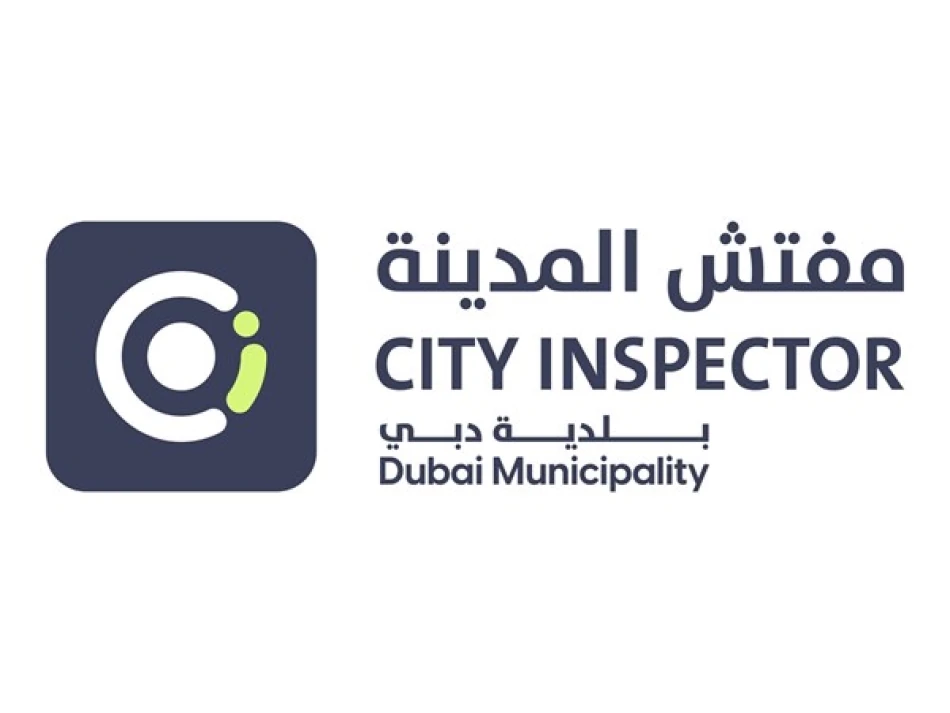
Discover Dubai's City Inspector Initiative: Enhancing Urban Living
Dubai Municipality has launched the "City Inspector" initiative, training 63 Emirati employees to become comprehensive inspectors who can monitor all municipal activities. The program aims to create a unified inspection system that reduces duplicate visits to businesses while improving compliance with city regulations across health, safety, construction, and public facilities.
The initiative represents a major shift in how Dubai conducts municipal oversight. Instead of sending multiple specialized inspectors to the same location for different issues, one trained city inspector can now handle comprehensive checks. This approach cuts down bureaucratic inefficiencies and reduces the burden on businesses dealing with multiple inspection visits.
In the first phase, Dubai Municipality trained these 63 inspectors across 14 technical areas covering the full range of municipal responsibilities. The inspectors can now conduct routine checks, visual inspections, and respond to complaints or reports in a single visit.
Marwan Ahmed bin Ghalita, Director General of Dubai Municipality, emphasized that effective inspection systems play a crucial role in institutional planning and service development. He described the city inspectors as "Dubai Municipality's watchful eye and first line of proactive field defense."
The program includes three main types of inspections: regular periodic checks, visual inspections, and complaint-based investigations. This streamlined approach means businesses face fewer disruptions while maintaining the same level of regulatory oversight.
Dubai Municipality has also created a professional diploma program called "City Inspector" to ensure high-quality, certified inspection staff. The training covers integrated areas of municipal work including health oversight, safety monitoring, food safety, construction activities, waste and sewage management, sustainability, and public facilities supervision.
The initiative includes several key components: defining inspection scope, providing legal framework for judicial authority, creating risk-based inspection guides and checklists, mapping comprehensive inspection processes, developing specialized job descriptions, and incorporating advanced technology into inspection procedures.
This move aligns with Dubai's broader vision of becoming a leading municipality for a global city. The unified inspection system should improve response times and consistency while reducing administrative overhead for both the government and private sector.
For businesses operating in Dubai, this means dealing with fewer inspection visits but potentially more comprehensive reviews. The city inspectors have broader authority and training, so companies will need to ensure compliance across all areas of municipal regulation during any single inspection visit.
Most Viewed News

 Layla Al Mansoori
Layla Al Mansoori






